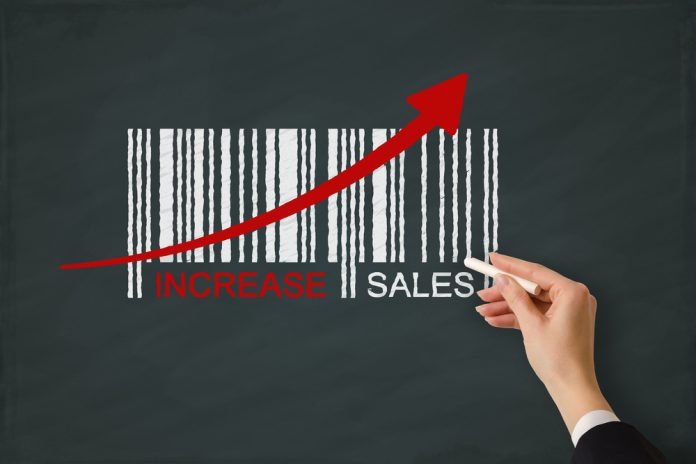Sales are the beating heart behind virtual business, no matter what sector it’s in or the size of the enterprise. But there’s more to success than just the numbers. A great deal also has to do with efficiency too. After all, it’s one thing if sales figures are good, and another entirely if the sales team have had to put in a disproportionate amount of time and effort to hit those figures.
There’s also a finite amount of sales that can be achieved if everyone is working flat-out to achieve them — and which can only be expanded by increasing the size of the sales team. This might be fine for larger businesses, but when you don’t have those resources at your disposal, then alternative solutions need to be found.
Luckily, one overall solution is at hand — automation. By investing wisely in the sorts of tools that will take the hard and monotonous tasks out of the process, it can form a key part of an initiative to run alongside some other invaluable sales tools that look beyond the bare numbers of success. For example, Lusha offers software that can check and verify contact information, which is essential when setting up both your customer and client bases. Similarly, by automatically updating company records, it saves the need to do this manually — a very time-consuming business.
Developing leads
Before any business can even start a customer’s journey, they need to turn a prospect into an active consumer of their product or service. With a conversion rate that can be as low as 1% or 2% in some circumstances, this is a question maximizing the number of leads being processed.
This is obviously a very time-consuming process for a sales team. One piece of research found that some salespeople can spend as much as 25 hours a month leaving voicemail messages. But, by automating not just this process, but also using outbound calls and emails, far higher volumes of leads can be followed up, faster and more efficiently.
The increasing use of AI in all areas of sales can mean that messages can be personalized far more effectively than ever before, and having a wide range of email templates to deploy can cover many different scenarios.
Furthermore, whereas previously, each customer contact had to be laboriously noted down, today’s sophisticated software programs can automate the process, leaving skilled salespeople to use the time saved in a far more productive way.
If yours is a business in which you also have to get out on the road and meet potential customers face to face, lead automation can also link automatically with online diaries and calendars, to create efficient timetables for these meetings to take place.
Building better customer relationships

While sales may be the heartbeat of a business, developing and maintaining good customer relationships is vital for long term success. Sometimes, it can be all too easy to neglect existing customers, but it’s a famous maxim that it’s far cheaper to treat them well and keep their custom, than to having to recruit new ones.
By automating the CRM process, it means that they’ll never be allowed to slip through the net. Instead, they will always receive timely communications to ensure that they know they’ve not been forgotten by your business, or are being regarded as “one-hit sales wonders”. Instead, a regular dialog can be established in which relevant information is shared at a time when it will be of most use to them.
Of course, customer loyalty is a two-way street, and there are always going to be a number of people or businesses whose needs or circumstances have changed resulting in them no longer buying from you. Continuing to try and engage with them is a fruitless exercise and one in which a great deal of money and resources can be wasted. However, the automation of the system can make removing them from your contacts list a simple and straightforward process, that can be triggered when all the signs are there that they will not be of future commercial value.
The benefits are clear to see
If any other convincing were needed, one only has to look at some of the stats surrounding automating your outbound sales and other marketing processes. The fact that the market for automation is due to be worth over $25 billion by 2023, up from around $18 billion today, shows that businesses are committed to its implementation.
Now, the question is, whether you are too.
Find a Home-Based Business to Start-Up >>> Hundreds of Business Listings.

















































